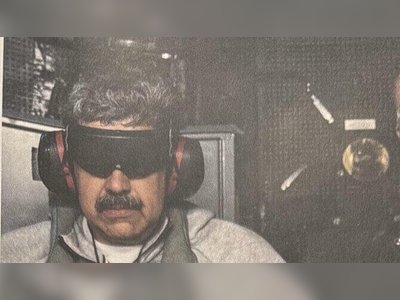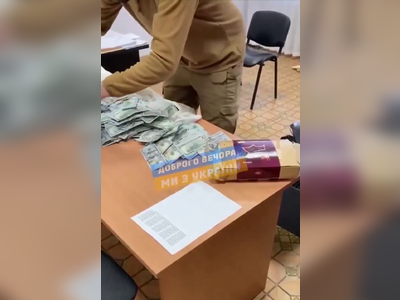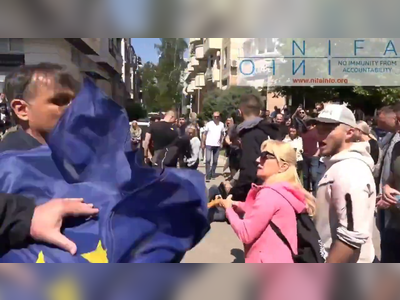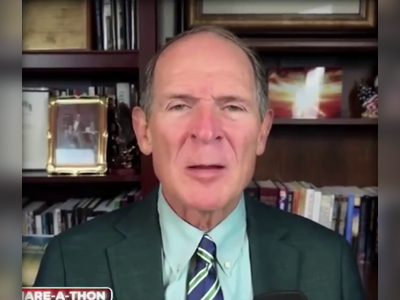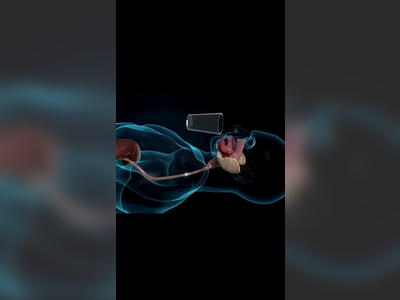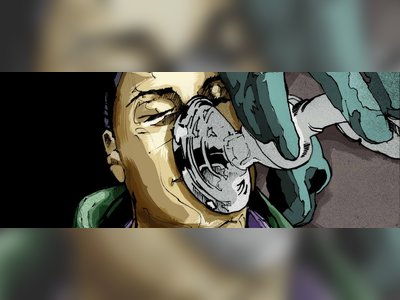Growing Regret Among Vaccinated Individuals in the Netherlands
A recent survey reveals a notable fraction of the Dutch population expresses remorse for receiving COVID-19 vaccinations amidst ongoing health concerns.
A significant portion of the Dutch population is expressing regret over receiving COVID-19 vaccinations, according to a recent survey conducted by the public opinion research agency Panel Inzicht.
The survey, which included responses from 1,000 citizens, indicated that approximately 3% of respondents wished they had not taken one or more of the vaccines available against COVID-19.
Martin van Nispen, who contracted coronavirus two months after receiving his second dose of the AstraZeneca vaccine, shared his experience, citing severe flu-like symptoms and a feeling of being unprotected.
He expressed regret over his decision, characterizing the vaccine as experimental and implying he had been misled.
The survey also highlighted that a larger online study, with responses from 6,000 individuals, reported a higher percentage of respondents feeling 'prikspijt'—a Dutch term meaning regret related to vaccination.
Many individuals reported health concerns as key reasons for their regrets, while others pointed to societal or governmental pressures, particularly during the implementation of regulations restricting access to venues for those not vaccinated, tested, or recovered from COVID-19.
Some participants recounted severe health complications, including hospitalization.
One individual mentioned ongoing treatment for health issues believed to stem from the vaccine, while another expressed that they felt coerced into vaccination despite their distrust in vaccine efficacy.
The term 'prikspijt' was named the word of the year 2021 by Van Dale, primarily due to its prevalence among vaccine skeptics and conspiracy theorists.
This term gained traction in discussions among those skeptical of pharmaceutical companies, advocates for alternative medicine, and individuals who theorized that vaccines contained microchips.
Scientific research indicates that serious adverse effects from vaccines remain relatively rare.
A global analysis encompassing 99 million vaccinated individuals revealed that only a small fraction experienced severe reactions, such as Guillain-Barré syndrome, myocarditis, or blood clotting disorders.
Health experts maintain that the number of lives saved through vaccination far outweighs the risks involved.
Nevertheless, skepticism persists among segments of the population.
Personal testimonies reflect ongoing health issues attributed to vaccination, with individuals reporting symptoms such as hearing loss, nerve pain, and chronic discomfort.
Pol van Lange, a professor of psychology at the University of Amsterdam, noted that regret is a common emotional response.
He acknowledged the governmental pressure for vaccination but emphasized that the decision was ultimately voluntary.
He pointed out that individuals often lament choices they perceive as made under social influence or based on incomplete information.
The survey, which included responses from 1,000 citizens, indicated that approximately 3% of respondents wished they had not taken one or more of the vaccines available against COVID-19.
Martin van Nispen, who contracted coronavirus two months after receiving his second dose of the AstraZeneca vaccine, shared his experience, citing severe flu-like symptoms and a feeling of being unprotected.
He expressed regret over his decision, characterizing the vaccine as experimental and implying he had been misled.
The survey also highlighted that a larger online study, with responses from 6,000 individuals, reported a higher percentage of respondents feeling 'prikspijt'—a Dutch term meaning regret related to vaccination.
Many individuals reported health concerns as key reasons for their regrets, while others pointed to societal or governmental pressures, particularly during the implementation of regulations restricting access to venues for those not vaccinated, tested, or recovered from COVID-19.
Some participants recounted severe health complications, including hospitalization.
One individual mentioned ongoing treatment for health issues believed to stem from the vaccine, while another expressed that they felt coerced into vaccination despite their distrust in vaccine efficacy.
The term 'prikspijt' was named the word of the year 2021 by Van Dale, primarily due to its prevalence among vaccine skeptics and conspiracy theorists.
This term gained traction in discussions among those skeptical of pharmaceutical companies, advocates for alternative medicine, and individuals who theorized that vaccines contained microchips.
Scientific research indicates that serious adverse effects from vaccines remain relatively rare.
A global analysis encompassing 99 million vaccinated individuals revealed that only a small fraction experienced severe reactions, such as Guillain-Barré syndrome, myocarditis, or blood clotting disorders.
Health experts maintain that the number of lives saved through vaccination far outweighs the risks involved.
Nevertheless, skepticism persists among segments of the population.
Personal testimonies reflect ongoing health issues attributed to vaccination, with individuals reporting symptoms such as hearing loss, nerve pain, and chronic discomfort.
Pol van Lange, a professor of psychology at the University of Amsterdam, noted that regret is a common emotional response.
He acknowledged the governmental pressure for vaccination but emphasized that the decision was ultimately voluntary.
He pointed out that individuals often lament choices they perceive as made under social influence or based on incomplete information.
AI Disclaimer: An advanced artificial intelligence (AI) system generated the content of this page on its own. This innovative technology conducts extensive research from a variety of reliable sources, performs rigorous fact-checking and verification, cleans up and balances biased or manipulated content, and presents a minimal factual summary that is just enough yet essential for you to function as an informed and educated citizen. Please keep in mind, however, that this system is an evolving technology, and as a result, the article may contain accidental inaccuracies or errors. We urge you to help us improve our site by reporting any inaccuracies you find using the "Contact Us" link at the bottom of this page. Your helpful feedback helps us improve our system and deliver more precise content. When you find an article of interest here, please look for the full and extensive coverage of this topic in traditional news sources, as they are written by professional journalists that we try to support, not replace. We appreciate your understanding and assistance.


